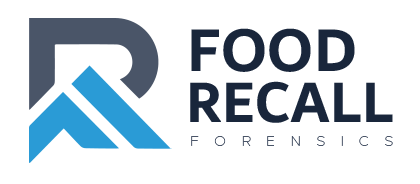Background
In 2009, the Peanut Corporation of America (PCA) was at the center of one of the deadliest and most damaging foodborne illness outbreaks in U.S. history. Salmonella-contaminated peanut butter and peanut paste products shipped from PCA’s facilities sickened over 700 people across 46 states and led to nine deaths.
PCA’s products were widely used as ingredients in crackers, cookies, cereals, and institutional foods, amplifying the scope of the recall across multiple brands and retailers.
What Went Wrong
The investigation revealed systemic failures at every level:
- Sanitation Failures: Unsanitary conditions, including roof leaks, mold, and pest infestations, were documented at PCA plants.
- Knowingly Shipping Tainted Products: Evidence showed PCA executives shipped products that had tested positive for Salmonella after falsifying or ignoring test results.
- Regulatory Gaps: Limited oversight and reliance on company-provided certificates of analysis allowed contaminated products to move freely in commerce.
- Lack of Transparency: PCA did not immediately disclose the breadth of its customer base, slowing the trace-back process.
The Fallout
The consequences of the PCA recall were severe and far-reaching:
- Human Impact: 714 confirmed illnesses, 9 deaths.
- Massive Recall: Over 3,900 products from more than 360 companies were recalled, making it one of the largest recalls in U.S. history.
- Financial Collapse: PCA filed for bankruptcy in 2009, never recovering from the scandal.
- Legal Action: Stewart Parnell, PCA’s owner, was sentenced to 28 years in prison, the harshest penalty ever imposed in a food safety case.
- Regulatory Reform: The outbreak was a driving force behind the passage of the Food Safety Modernization Act (FSMA) of 2011, which gave the FDA new powers to mandate recalls and enforce preventive controls.
Key Lessons Learned
- Testing Without Action is Worthless
PCA’s practice of retesting until they got a “clean” result showed how data can be manipulated. Testing only matters if companies act on the results. - Traceability is Critical
The recall ballooned because PCA’s ingredients touched thousands of products. Supply chain transparency is essential for rapid recall response. - Leadership Culture Determines Safety
Executives made the conscious decision to put profits over people. Leadership’s choices directly caused deaths and destroyed their company. - Regulations Lag Until Disaster Strikes
The case highlighted glaring gaps in FDA authority at the time. Regulatory systems often change only after high-profile crises.
Takeaways for Today’s Food Industry
- Mock recalls and supplier audits should be conducted regularly.
- Strong food safety culture must be reinforced from the top down.
- Whistleblower protection and transparency are vital in preventing cover-ups.
- Investing in prevention is always less costly than managing a recall after the fact.



